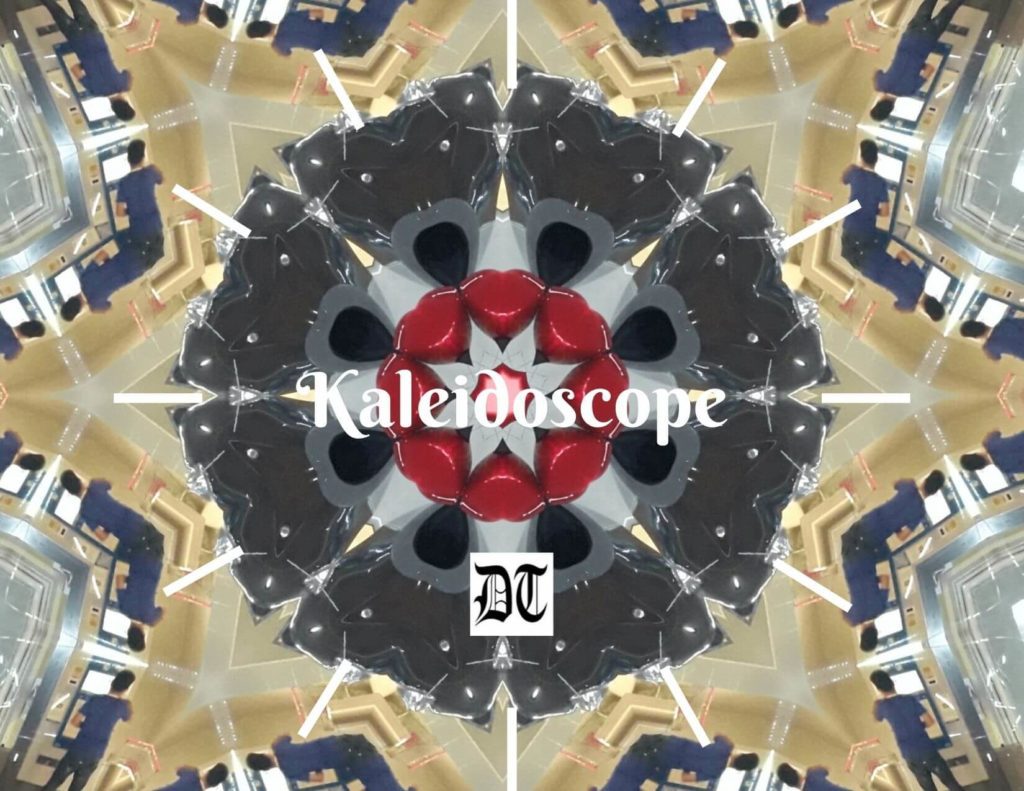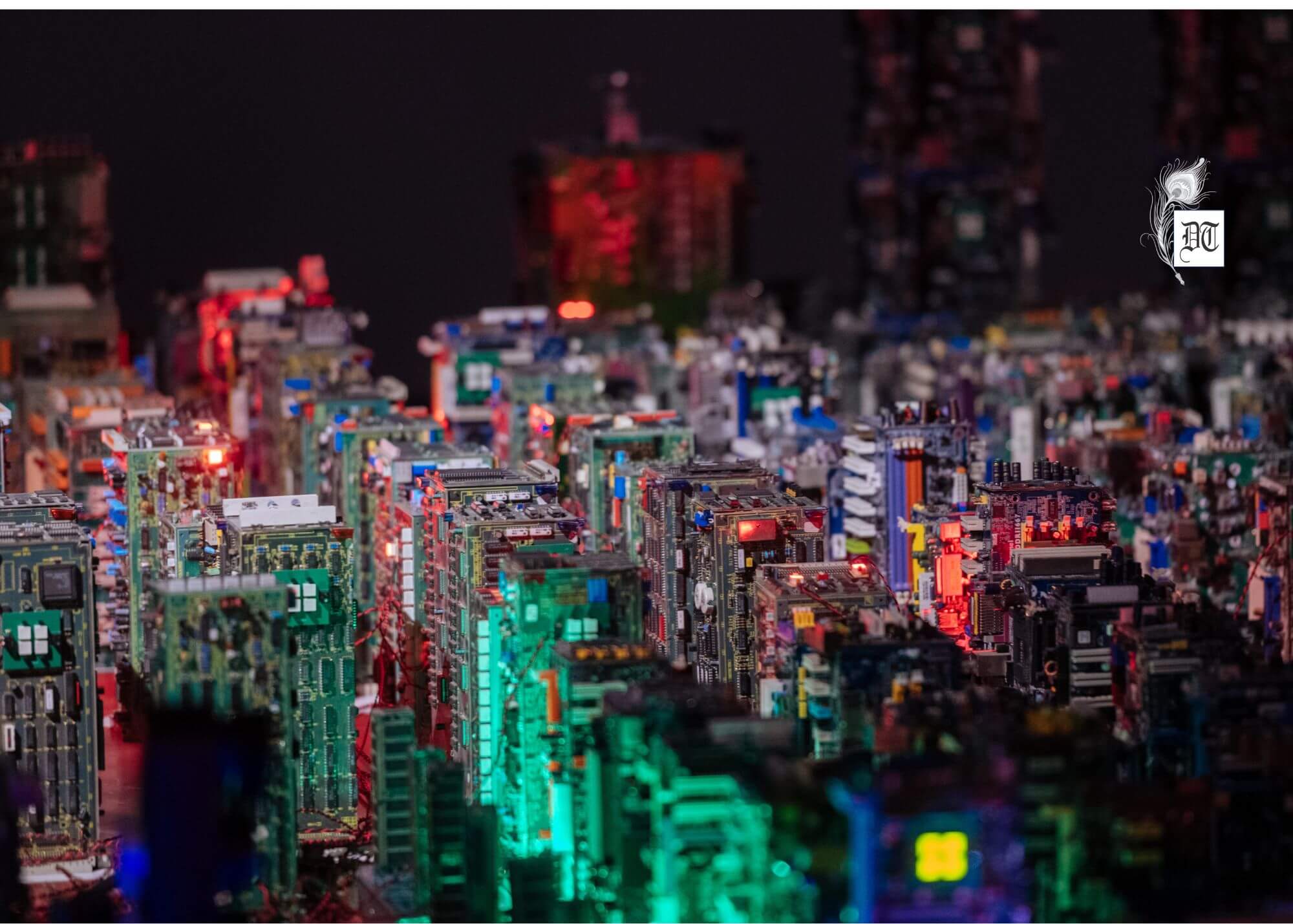Dr Navodita states that smart cities offer sleek infrastructure and e-services but raise concerns about social costs, shifting interactions, and potential isolation, exclusively for Different Truths.

Smart cities are the norm today, with increased corporatisation of democracy and the government focusing on e-governance and development. In smart cities, even the smallest town gets a makeover. There are more sleek streets, smart railings, e-vendors, and e-wallets, among others. There are facilities and opportunities for citizens that possibly don’t exist in old-fashioned cities that still have no-lane driving or no smart governance.
But is there a cost to this smart living? Or are we forgetting some old habits of social life, social norms, and socialising? While we have more opportunities to deposit our daily utility bills, alight the bus we wish to take for our desired destination without a wink or board the train with ease from the railway station, life still isn’t all the same. With increased digital lives, free WiFis, and technological awareness in our daily lives, everything is not hunky dory. Life is not all the same.
Fast-Paced Life
Fast-paced life has made social realignment a little different from before. Within families, the mobile phone is at the forefront. Families stay in touch with each other through mobile devices, making socialising easier but creating distance. The new generation has renewed aspirations that don’t always align with the old methods of finding a dream job. New avenues open themselves to students, exposing themselves to new pathways that never existed before.
However, has social life distanced us and given rise to more loneliness and isolation? Or has digitalisation led to renewed ways of socialising through dating apps, socialising chat rooms, internet chat rooms, and ways to connect with like-minded people through common interests on social media sites like Facebook? While earlier being isolated was condemned as a drawback of the digital age, now it is being exhorted as a way to heal—through digi-healthcare services and digital ways of healing and finding solutions in the form of ‘innovation and design thinking’.
Digitalisation of Cities
Then, the fast-paced life in metros makes us more used to fast ways of leading a social life and having a nightlife; it can all be very personal. More opportunities around you make you have choices and exercise deeds with caution. We become more responsible with more freedom and choices and responsible living. While caring and reaching out to your choices with more discretion, we come to life with more choices, responsibilities, and freedom, thereby making us less demanding at the same time. The digitalisation of cities has indeed transformed lives to make them bigger, better, and faster!
Picture design by Anumita Roy







 By
By
